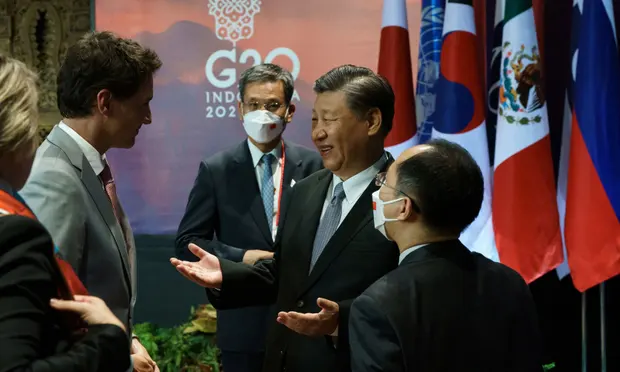No fewer than 10,000 scientists, government officials and activists are set to gather in Montreal this week for the world’s most important biodiversity conference that will provide opportunities for a deal to stem habitat loss around the world and preserve sensitive ecosystems.
The summit which will open on Tuesday will see countries negotiate this decade’s targets for protecting nature after more than two years of pandemic-related delays and just over two weeks since the end of the Cop27 climate meeting in Egypt.
According to reports, there is growing hope that the summit will not only bring about a plan to save the natural world but could also begin to mend the deep rifts between the co-hosts, China and Canada.
China remains the biggest emitter of greenhouse gases, responsible for nearly 30% of the global total, and despite its best efforts to halt desertification in its northern regions, the country is grappling with a major biodiversity problem. Yet China is also the country that invests the most in renewable technology, especially solar and wind.
Recently, Canada charged a Chinese national with espionage, alleged that China interfered in a federal election, and opened an investigation into an alleged secret network of illegal “police stations” operated by China in Toronto.
Recall that at the recent G20 summit in Jakarta, the Chinese president, Xi Jinping, publicly rebuked the Canadian prime minister, Justin Trudeau, after Canadian officials leaked details of their conversation.
Read also: PACJA, Ban Ki-moon Centre sign pact to support climate change adaptation in Africa
“When you look at what happened recently, Canada is not the flavour of the month in Beijing. President Xi has very little regard for Prime Minister Trudeau,” said Guy Saint-Jacques, Canada’s former ambassador to China. “And while China owes Canada for hosting this summit, officials won’t want to go out of their way to praise Canada in any way or be seen as grateful.”
It will also be recalled that the Cop15 summit which was originally scheduled to be held in Kunming in China but was moved to Montreal when Canada agreed to co-host the event, was delayed by the coronavirus pandemic and China’s strict public health policies.
While Trudeau plans to attend, China has not issued invitations to world leaders, and Saint-Jacques suspects officials are keen to keep the event at a “working level”, shunning much of the pomp associated with global gatherings.
Story was adapted from the Guardian.
